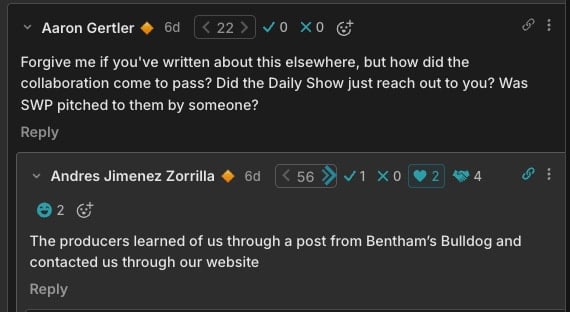Around 1 month ago, I wrote a similar Forum post on the Easterlin Paradox. I decided to take it down because: 1) after useful comments, the method looked a little half-baked; 2) I got in touch with two academics – Profs. Caspar Kaiser and Andrew Oswald – and we are now working on a paper together using a related method.
That blog post actually came to the opposite conclusion, but, as mentioned, I don't think the method was fully thought through.
I'm a little more confident about this work. It essentially summarises my Undergraduate dissertation. You can read a full version here. I'm hoping to publish this somewhere, over the Summer. So all feedback is welcome.
TLDR
* Life satisfaction (LS) appears flat over time, despite massive economic growth — the “Easterlin Paradox.”
* Some argue that happiness is rising, but we’re reporting it more conservatively — a phenomenon called rescaling.
* I test this hypothesis using a large (panel) dataset by asking a simple question: has the emotional impact of life events — e.g., unemployment, new relationships — weakened over time? If happiness scales have stretched, life events should “move the needle” less now than in the past.
* That’s exactly what I find: on average, the effect of the average life event on reported happiness has fallen by around 40%.
* This result is surprisingly robust to various model specifications. It suggests rescaling is a real phenomenon, and that (under 2 strong assumptions), underlying happiness may be 60% higher than reported happiness.
* There are some interesting EA-relevant implications for the merits of material abundance, and the limits to subjective wellbeing data.
1. Background: A Happiness Paradox
Here is a claim that I suspect most EAs would agree with: humans today live longer, richer, and healthier lives than any point in history. Yet we seem no happier for it. Self-reported life satisfaction (LS), usually measured on a 0–10 scale, has remained remarkably flat over the last f





Hi O Carciente. :)
I am currently working in environment education (education for sustainable development) and do community building for EA as a part-time job. There are plenty of opportunities on where you could find your niche. The most important part is wanting to do good, think about where you want to do it and actually get to work. EA gives you a toolkit in hand, but I have already seen that your unique perspective also adds to this toolkit. Get the tools you need, twist them for your use case and give back to the community, so they can learn from it too.
From my own experience as someone who studies forestry, there is no clear-cut way after university to a high impact job. The 80k job board is limited in its design, and that's okay. It's not a perfect representation of EA, and it's not working with a big tent approach with the job board, but with the articles and the career group plan you can find your own niche.
I can only recommend finding a local EA group and engage with people, makes it much easier to find someone to cowork on what's important for you atm. There are other places too besides 80k where you can get 1o1 advice, and I think you have the potential to achieve much if you put your mind into it (don't know if this sentence works in English).
Small steps were made into teaching rationality and EA topics for children or teenager. There are more projects, but this is the one that came to my mind. Maybe someone can add to that list:
https://www.sparc-camp.com/